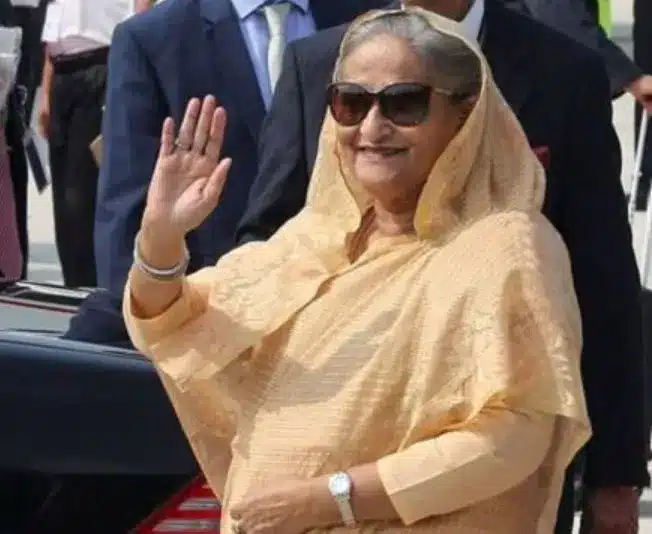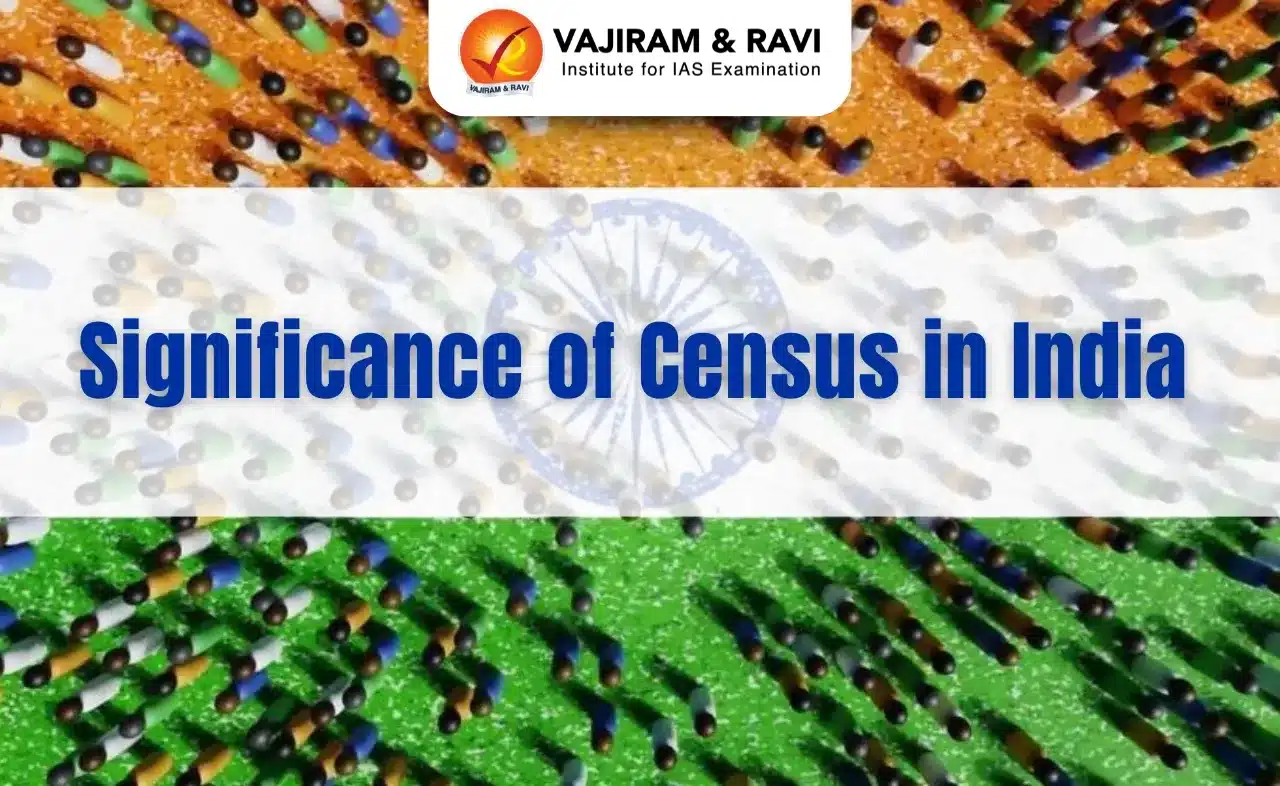What’s in today’s article?
- Why in News?
- Extradition treaty between India and Bangladesh
- Extradition Request by Bangladesh
- Can Hasina be extradited by Bangladesh?
Why in News?
Bangladesh has formally requested India to extradite former Prime Minister Sheikh Hasina, who fled to India on August 5 following massive protests that ended her 16-year rule.
Dhaka sent a diplomatic note to New Delhi, citing the need for Hasina to face judicial processes for alleged crimes against humanity and genocide. The International Crimes Tribunal (ICT) in Dhaka has issued arrest warrants against Hasina and several of her former ministers and officials.
Extradition treaty between India and Bangladesh
- Treaty signed in 2013
- It was signed to address fugitives operating across borders in both countries.
- It was established due to concerns over Indian insurgents, particularly from the North East, hiding in Bangladesh, and Bangladeshi militants.
- Many Bangladeshi militants such as those from Jamaat-ul-Mujahideen Bangladesh (JMB), sought refuge in Indian states like West Bengal and Assam.
- It provides the legal framework for extradition but does not mandate compliance in all cases.
- It was signed to address fugitives operating across borders in both countries.
- Key provisions of the treaty
- The extradition treaty between India and Bangladesh mandates that both countries extradite individuals who:
- have been charged with, found guilty of, or
- are wanted for committing an extraditable offence by a court in the requesting country.
- An extraditable offence, as defined by the treaty, is one that carries a minimum punishment of one year imprisonment, including financial crimes.
- For an offence to be considered extraditable, the principle of dual criminality must apply, meaning the offence must be punishable in both countries.
- The treaty also allows for extradition in cases involving attempts to commit, aiding, abetting, inciting, or participating as an accomplice in an extraditable offence.
- The extradition treaty between India and Bangladesh mandates that both countries extradite individuals who:
- Provisions for Refusal
- Extradition may be refused if the offence is of a “political nature.”
- Some crimes, such as murder, enforced disappearance, and torture, are excluded from being categorized as political offences under the treaty.
- Grounds for refusal also include accusations not made “in good faith in the interests of justice” or military offences not considered general criminal law violations.
- Amendment in 2016 to Simplify Extradition Process
- Requirement to provide evidence of the offence was removed; only an arrest warrant from a competent court is now required.
- Sheikh Hasina faces multiple arrest warrants issued in Bangladesh, making her case eligible under the amended treaty.
Extradition Request by Bangladesh
- About the news
- Bangladesh has sent a diplomatic note asking New Delhi to send back its former PM Sheikh Hasina.
- India’s Response and Treaty Provisions
- Ministry of External Affairs confirmed receiving the request but has not yet commented on the matter.
- Indian officials have stated they will examine the legal grounds before making a decision.
- Strained Bilateral Relations
- Hasina’s presence in India and her public statements have strained relations between the two countries.
- In her public address from India, Hasina accused the interim government of genocide and persecution of minorities, including Hindus, Buddhists, and Christians.
- She alleged that during the protests, minority places of worship were attacked, and leaders of minority communities were persecuted.
- Hasina called for justice, demanding investigations into the killings and acts of violence.
- Bangladesh’s interim government, led by Chief Advisor Prof Muhammad Yunus, has expressed concerns over Hasina’s statements made from India, which they believe create tension.
- Yunus has urged India to help “clear the clouds” over the bilateral relationship.
- Hasina’s presence in India and her public statements have strained relations between the two countries.
- Impact on Regional Dynamics
- The extradition request and the political developments surrounding Hasina’s asylum in India have the potential to influence India-Bangladesh relations significantly, requiring deft diplomatic handling by both nations.
Can Hasina be extradited by Bangladesh?
- India can refuse extradition, citing lack of “good faith” or justice-related concerns, though this could further strain bilateral ties.
- Article 8 lists out multiple grounds for refusal including cases in which:
- an accusation has not been made in good faith in the interests of justice or
- in case of military offences which are not an offence under the general criminal law.
- Article 8 lists out multiple grounds for refusal including cases in which:
- Experts highlight that the decision to extradite Hasina is ultimately political rather than legal.
- But this has the potential to adversely impact New Delhi’s relations with Dhaka’s new ruling dispensation.
Q.1. What is the basis of Bangladesh’s extradition request for Sheikh Hasina?
Bangladesh cites the 2013 extradition treaty with India, along with arrest warrants issued by the International Crimes Tribunal, accusing Hasina of crimes against humanity and genocide.
Q.2. What challenges does India face in extraditing Sheikh Hasina?
India can refuse extradition citing political nature, lack of good faith, or justice-related concerns. Such a move, however, risks straining bilateral relations and affecting regional dynamics.
Source: Bangladesh tells India to send back Sheikh Hasina for ‘judicial process’ | Indian Express
Last updated on June, 2025
→ UPSC Notification 2025 was released on 22nd January 2025.
→ UPSC Prelims Result 2025 is out now for the CSE held on 25 May 2025.
→ UPSC Prelims Question Paper 2025 and Unofficial Prelims Answer Key 2025 are available now.
→ UPSC Calendar 2026 is released on 15th May, 2025.
→ The UPSC Vacancy 2025 were released 1129, out of which 979 were for UPSC CSE and remaining 150 are for UPSC IFoS.
→ UPSC Mains 2025 will be conducted on 22nd August 2025.
→ UPSC Prelims 2026 will be conducted on 24th May, 2026 & UPSC Mains 2026 will be conducted on 21st August 2026.
→ The UPSC Selection Process is of 3 stages-Prelims, Mains and Interview.
→ UPSC Result 2024 is released with latest UPSC Marksheet 2024. Check Now!
→ UPSC Toppers List 2024 is released now. Shakti Dubey is UPSC AIR 1 2024 Topper.
→ Also check Best IAS Coaching in Delhi






















